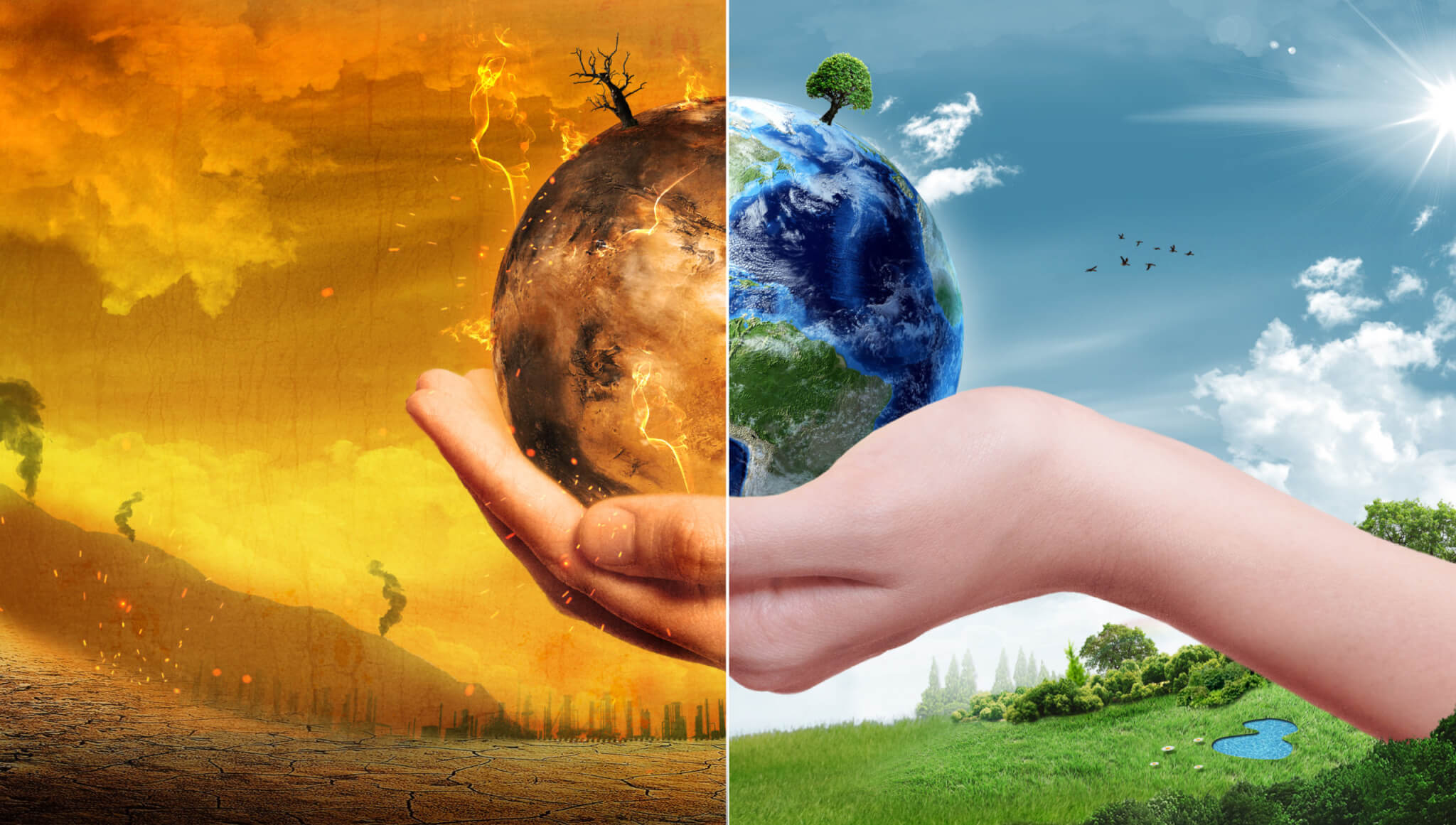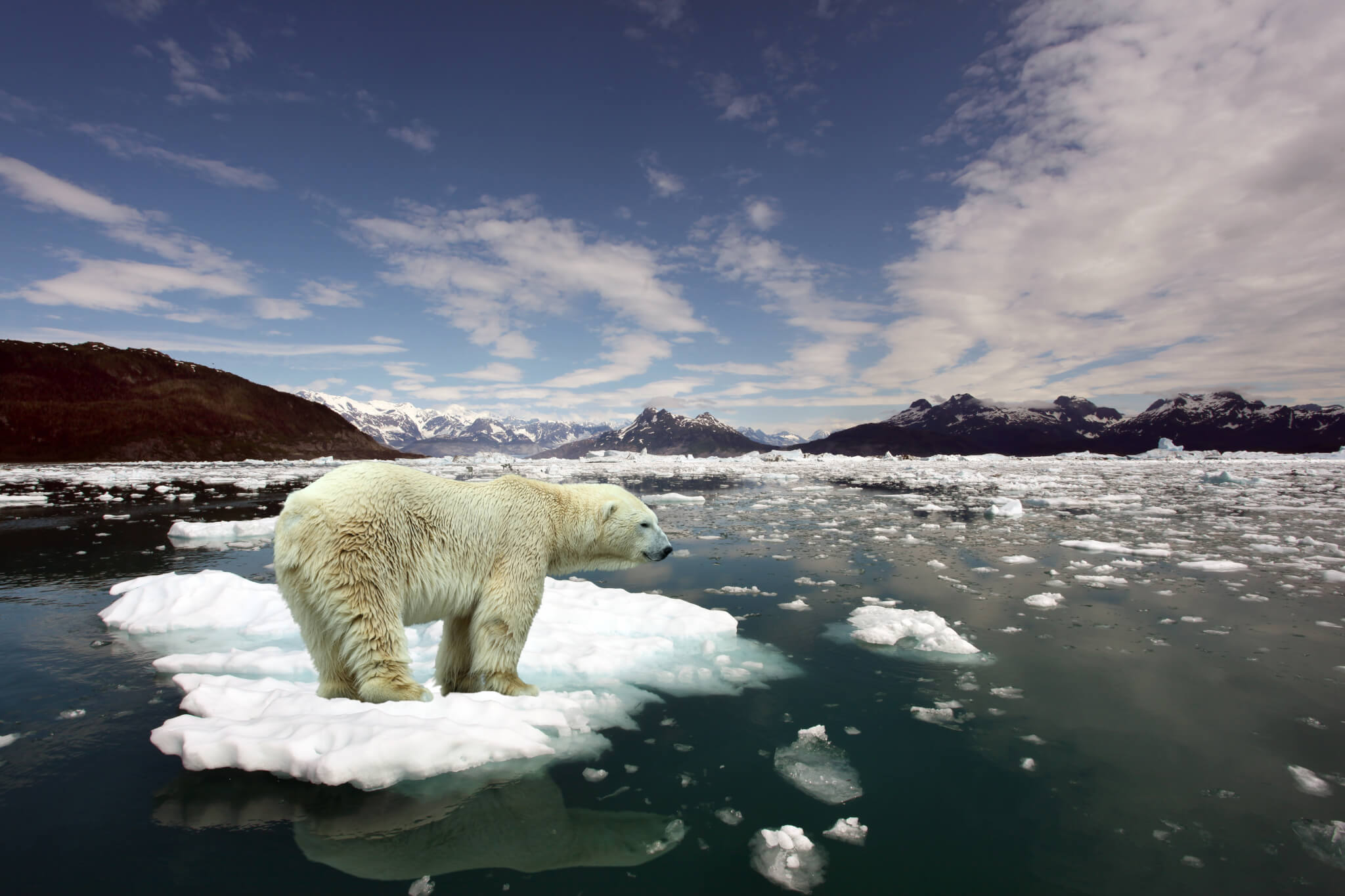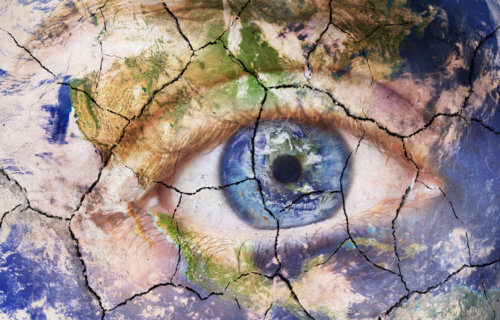CORVALLIS, Ore. – Earth’s “vital signs” have reached record extremes, placing the planet in unprecedented territory due to climate change, according to a new report. Echoing their previous warning from four years ago, the World Scientists’ Warning of a Climate Emergency, an international team of researchers is underscoring the urgency of the climate crisis, noting the Earth is “under siege.”
This compelling report, featured in the journal BioScience, points out that little has been achieved in terms of meaningful action against climate change since 2019. The researchers passionately re-emphasize the urgent need for immediate measures to curb further warming.
They observed that 20 out of 35 indicators used to monitor climate change are at record-breaking extremes, evidenced by the escalating frequency and intensity of climate disasters. Furthermore, they stress the importance of climate policies that prioritize equality. These policies should not only focus on reducing emissions but also on restoring the biosphere.
In revising their previous findings, this coalition of climate scientists warns that Earth’s current condition has deteriorated beyond any previous human experience, jeopardizing life as we know it.
“Without actions that address the root problem of humanity taking more from the Earth than it can safely give, we’re on our way to the potential collapse of natural and socioeconomic systems and a world with unbearable heat and shortages of food and freshwater,” says Dr. Christopher Wolf, a former postdoctoral researcher at Oregon State University, in a media release.

‘Life On Our Planet Clearly Under Siege’
The 2023 State of the Climate report unveils new data, highlighting a surge in climate records shattered in 2023, especially concerning sea levels and ice melt. Although the 2019 World Scientists’ Warning of a Climate Emergency garnered signatures from over 15,000 scientists from 161 countries, it seems to have been largely overlooked.
Highlighting the tangible repercussions, the report notes the extraordinary carbon emissions from the Canadian wildfires this year, emitting over a gigaton of carbon monoxide – surpassing Canada’s total 2021 greenhouse gas emissions of 0.67 gigatons.
Another crucial point is the doubling of fossil fuel subsidies from $531 billion in 2021 to over $1 trillion in 2022. Disturbingly, in 2023 alone, global temperatures soared to more than 1.5 degrees Celsius above pre-industrial levels on 38 days, a threshold set by the 2015 Paris Climate Agreement. Such occurrences were previously rare. The highest average global surface temperature was recorded this past July, believed to be unmatched in the last 100,000 years.
“Life on our planet is clearly under siege,” adds Dr. William Ripple, a professor at the Oregon State University College of Forestry. “The statistical trends show deeply alarming patterns of climate-related variables and disasters. We also found little progress to report as far as humanity combating climate change.”
“As scientists, we are hugely troubled by the sudden increases in the frequency and severity of climate-related disasters,” says Wolf, now a scientist with Corvallis-based Terrestrial Ecosystems Research Associates. “The frequency and severity of those disasters might be outpacing rising temperatures. By the end of the 21st century, as many as 3 to 6 billion people may find themselves outside the Earth’s livable regions, meaning they will be encountering severe heat, limited food availability and elevated mortality rates.”

The authors also emphasize the importance of addressing “ecological overshoot,” where human consumption exceeds the planet’s regenerative capacity. This imbalance leads to environmental issues like biodiversity loss. Focusing only on carbon or climate will merely shift the problem elsewhere.
“Our goal is to communicate climate facts and make policy recommendations,” Ripple explains. “It is a moral duty of scientists and our institutions to alert humanity of any potential existential threat and to show leadership in taking action.”
In their renewed plea, this global consortium of climate scientists advocates for an economy that values human well-being and curtails overconsumption and excessive emissions. They suggest ending fossil fuel subsidies, promoting plant-based diets, enhancing forest conservation, and implementing international treaties to abolish coal and control fossil fuels.
Emphasizing a holistic approach, the authors argue that climate initiatives must be rooted in equity and social justice. It’s noted that the most vulnerable populations, despite contributing least to climate change, bear the brunt of its effects. They further highlight the importance of gender equality, advocating for women’s and girls’ education and rights as a means to elevate living standards and manage population growth.
“This is our moment to make a profound difference for all life on Earth, and we must embrace it with unwavering courage and determination to create a legacy of change that will stand the test of time,” the researchers conclude in a statement.
You might also be interested in:
- Greenhouse gas emissions hit ‘all-time high,’ Earth approaching point of no return
- Climate change is speeding up extinction rates in the United States
- Too hot for humans: Rising temperatures could soon make parts of Earth uninhabitable
South West News Service writer James Gamble contributed to this report.

